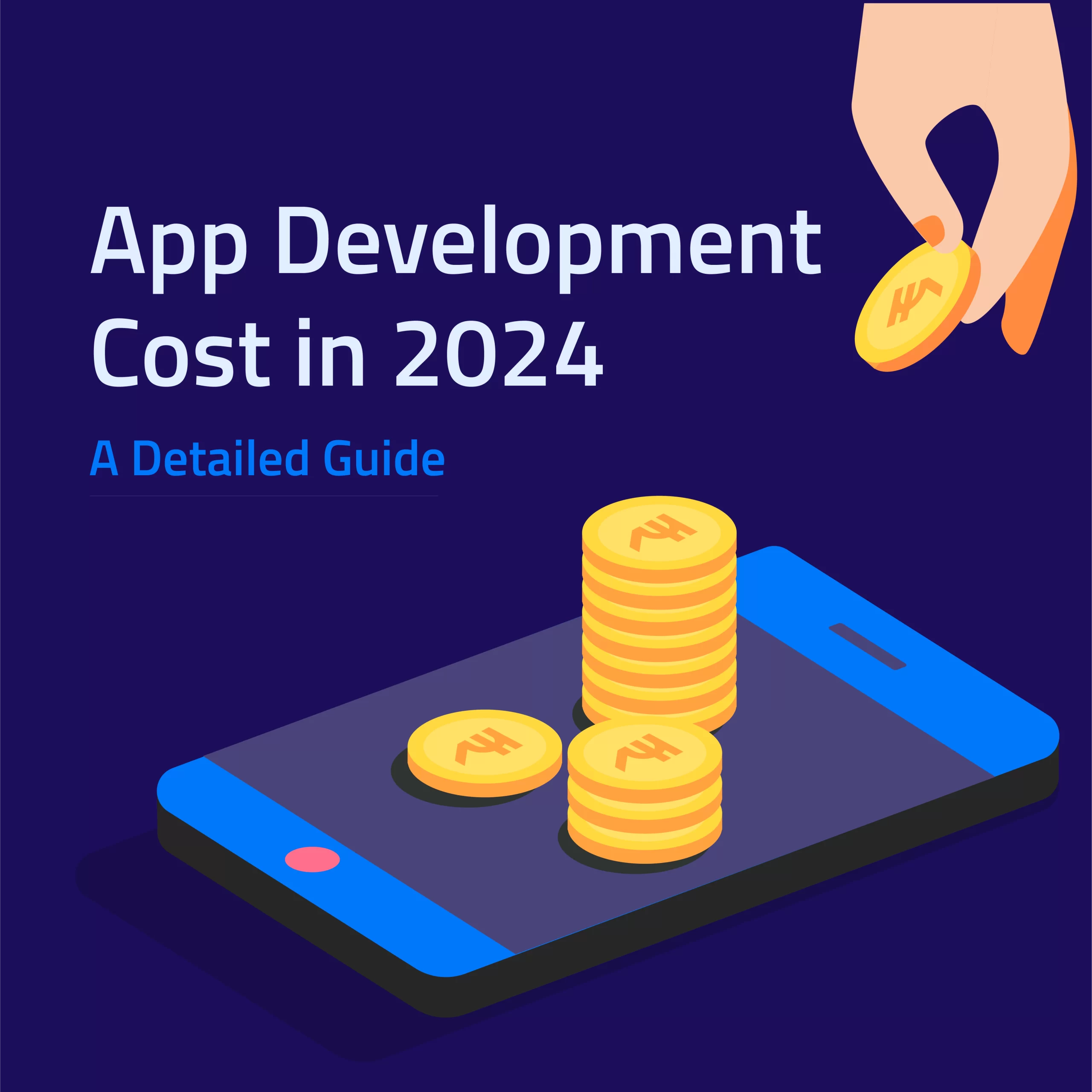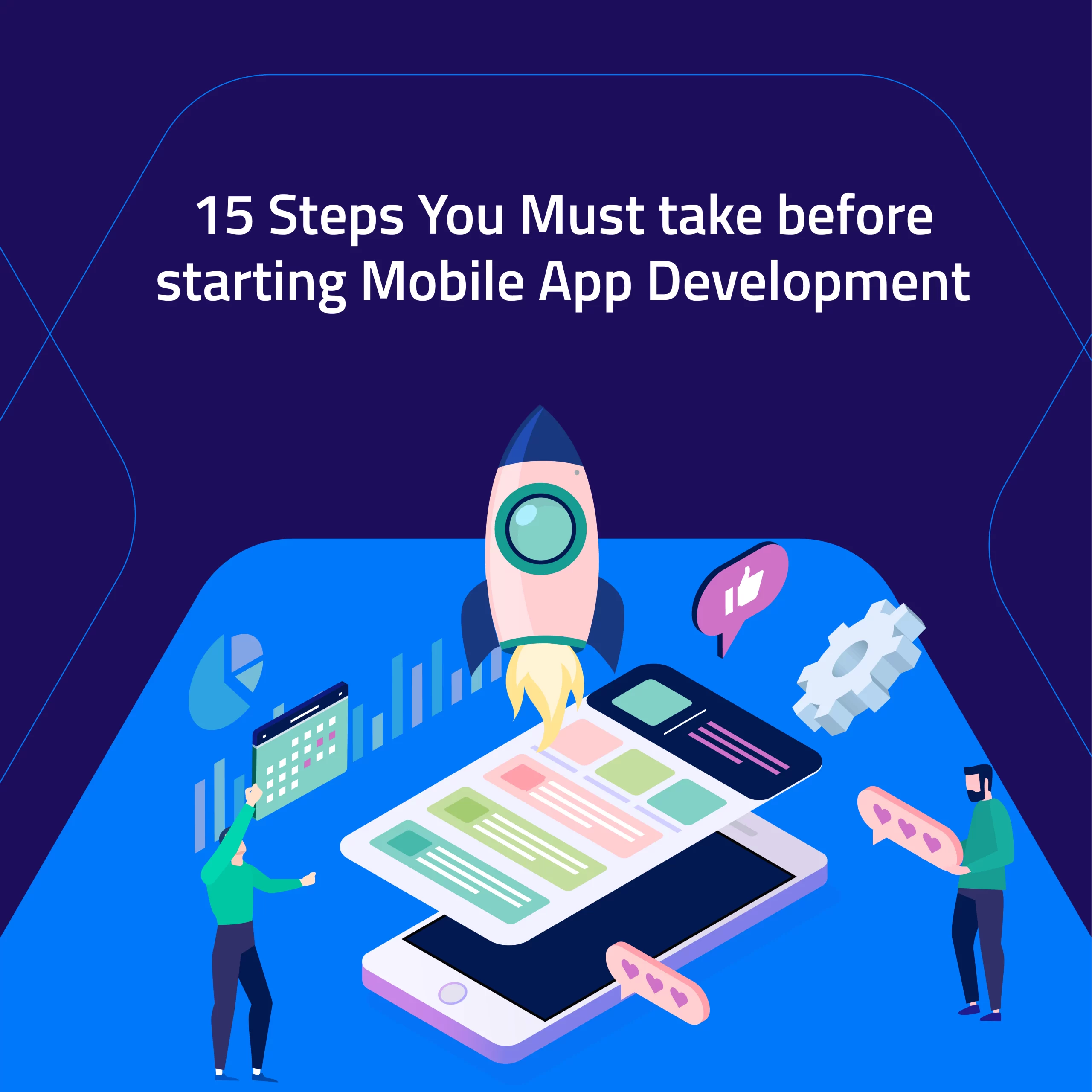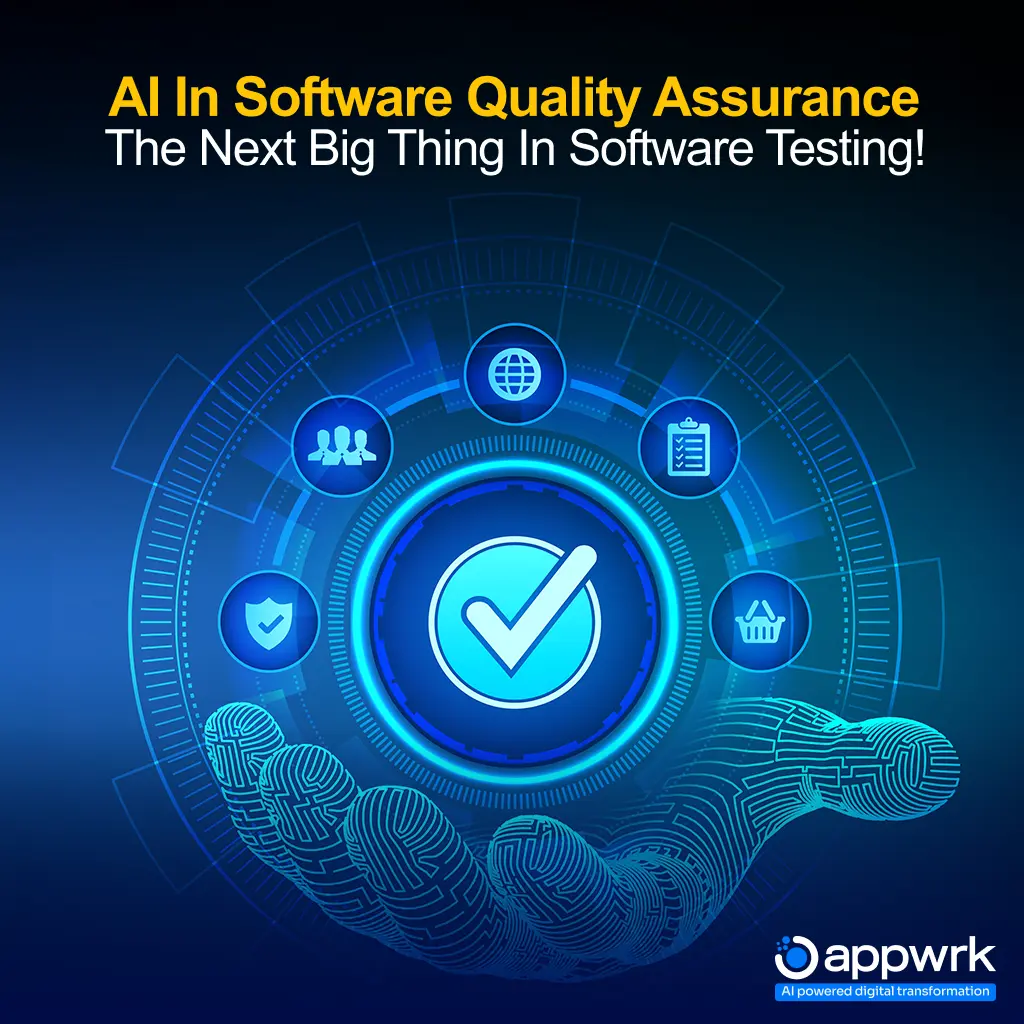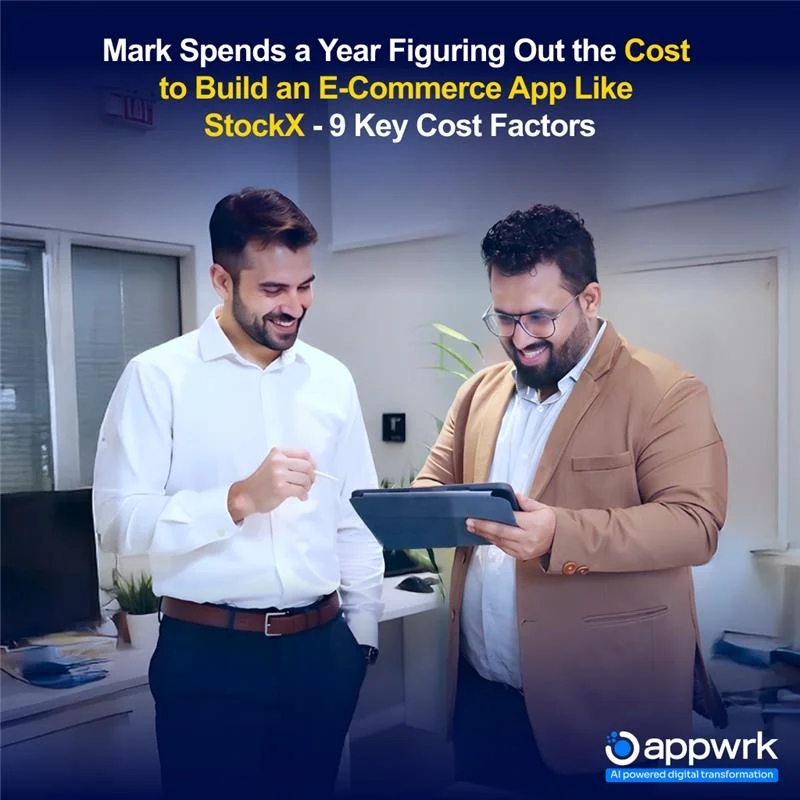Technologies we work on
Check out our AR VR Technology Stack
and many more...
AR VR App Development Services Company
APPWRK is one of the most renowned and advanced AR VR software development companies. With over 10+ years of experience , our 110+ in-house AR/VR app experts have completed over 2.2K+ Projects in USA & Worldwide .
Lets Build your AR/VR App !-
AR App Development
Leveraging the technology of Augmented Reality, the developers at APPWRK can help you represent your business in an alluring and engaging way to the viewers. We have some of the best AR App Developers in the industry who know how to aptly enhance productivity by using AR tools along with engineering, architecture, and marketing.
-
VR App Development
VR or Virtual Reality is going to be the future of marketing and customer as well as client interaction for business. The VR App Development services of APPWRK will help you stand out in the industry and provide a close to reality experience to your users.
-
IOT AR VR
IoT robots and augmented reality is solving everyday life problems for users. We bring the best cutting-edge techniques to provide you with mobile IoT app solutions that suit your business needs.
-
3D Modeling VR
In this technology-driven digital world, everything can be represented lifelike. The 3d Modelling VR services of APPWRK are truly dedicated to making a real vs virtual illusion by creating high-end VR apps for its clients.
-
Location-Based AR Apps
One of the most common fields in which the applications of AR are aptly used is the Location-Based AR Apps. With a decade of experience, APPWRK has created some of the most efficient and extraordinary location-based AR apps for its clients and will keep doing the same in the future.
Why Choose APPWRK as Your AR/VR App Development Company?
Talk to our Growth Experts - Know More!Software Development Services Across Industries
The Approach We Follow for Best AR/VR Software Development
-
1. Strategy
A well-defined strategy and conceptualized ideation for new products is the key to ascending business goals. We aim to emphasise the target audience of our client and accordingly create a value-driven statement to make the roadmap for clear objectives and specifications.
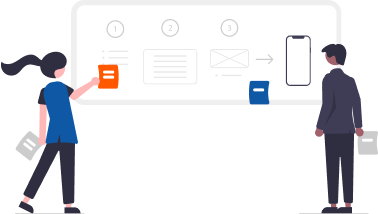
-
2. Analysis and Planning
Sprint planning with a clear and in-depth analysis of new products is the best and the easiest way to achieve the milestone. We create a VR/AR application framework and identify technical architecture that will provide support to the software.
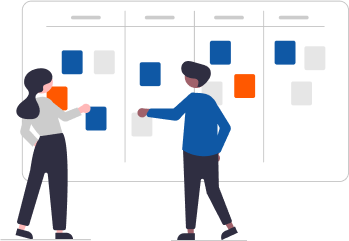
-
3. UI/UX Design
A seamless User Experience using an effective User Interface is very critical in the AR/VR App development process. Our skilled UI/UX designers document specific tools and techniques required to support the final product.
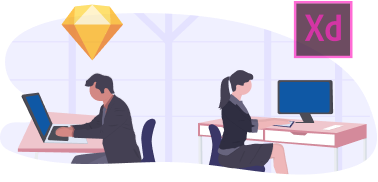
-
4. App Development
We enhance the horizon of your business by developing a robust, dynamic, scalable, secure, and error-free Augmented & Virtual Reality app. Our highly-skilled AR/VR app development agency developers use their years of expertise in building the best AR/VR apps for you.
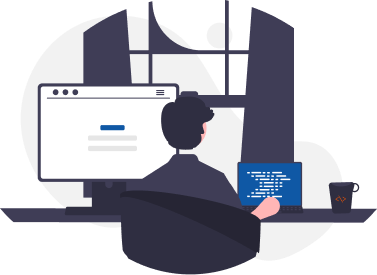
-
5. Quality Assurance
Delivering over-the-top products has always been a habit of APPWRK. Thus, we thoroughly test every app we build to provide quality. Through the testing process of the app, we make sure that the apps we deliver are usable, stable, and secure.
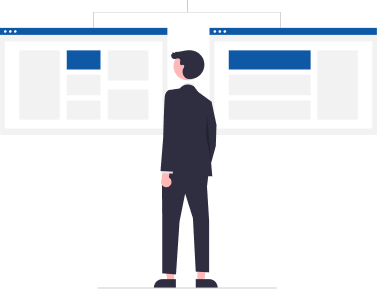
-
6. Launch
Structuring, developing, and testing an app is followed by the final step, i.e., launching the app. Being a reliable and efficient AR/VR app development services provider, we provide all these facilities as well to our clients.

Top-notch AR/VR apps designed and developed by us are active and working phenomenally on the App Store.
Our designed and developed VR & AR apps are exceptionally downloaded by everyone.
Start-ups have earned excellent revenue with our designed AR & VR applications.
Unique and fully customized featured AR & VR applications for top brands in the market.
AR/VR App Development:
AR/VR app development involves creating applications that leverage augmented reality and virtual reality technologies to deliver immersive and interactive experiences to users. These apps enhance the real world by overlaying digital content in AR or creating entirely artificial environments in VR.
Difference between AR and VR apps:
The primary difference between AR and VR apps lies in their user experience. AR apps enhance the real-world environment by superimposing digital elements, such as virtual objects or information, onto the user’s surroundings. On the other hand, VR apps immerse users in a completely simulated environment, cutting them off from the real world and replacing it with a virtual one.
Programming languages commonly used for AR/VR App Development:
AR/VR app development requires a variety of programming languages, depending on the platform and technology used. C#, C++, Java, and JavaScript are commonly used for developing AR/VR applications. Game engines like Unity and Unreal Engine are popular for creating these apps.
Benefits of AR/VR app development:
AR/VR apps offer numerous benefits, including providing engaging and interactive experiences for users, enhancing learning, training, and visualization processes, improving marketing and advertising efforts, and boosting user engagement and retention.
Most popular AR/VR app categories:
AR/VR technology finds application in diverse industries and sectors. Popular categories for AR/VR apps include gaming, education, entertainment, healthcare, retail, real estate, tourism, and enterprise training.
Best AR/VR app development tools:
Developers use various tools and platforms for creating AR/VR apps. Some of the best tools include Unity, a widely used game engine with AR/VR capabilities, Unreal Engine, known for its high-quality graphics and realistic simulations; Vuforia for AR; ARCore for Android; ARKit for iOS; and A-Frame, a popular web framework for VR development.
Different types of AR/VR apps:
AR apps can be categorized into marker-based (relying on physical markers), markerless (using natural features for tracking), location-based (linked to specific geographic locations), and projection-based AR (projecting images onto surfaces). VR apps can be non-immersive, providing limited user interaction; semi-immersive, offering a more engaging experience; or fully immersive, providing complete isolation from the real world.
Different platforms for AR/VR app development:
AR/VR apps are developed for various platforms, depending on the hardware and target audience. For mobile AR/VR apps, developers target iOS and Android platforms. For desktop VR experiences, they focus on PC/Mac platforms, and for standalone VR experiences, dedicated devices like Oculus Quest are utilized.
Different types of AR/VR hardware:
AR hardware includes Smartphones (used for mobile AR apps), Smart glasses (like Microsoft HoloLens and Google Glass) and Headsets with AR capabilities.
VR hardware comprises headsets like Oculus Rift, HTC Vive, PlayStation VR, and Windows Mixed Reality headsets, providing various levels of immersion and interaction.
Different types of AR/VR experiences:
AR/VR experiences vary in complexity and purpose. They can range from simple AR interactions, like trying on virtual clothes, to complex VR simulations for training, gaming, 360-degree videos, and virtual tourism experiences.
Challenges in AR/VR App Development:
Developing AR/VR apps comes with its own set of challenges. These challenges include high hardware requirements for running immersive experiences, complex content creation and optimization for different devices, addressing motion sickness concerns, encouraging user adoption, and dealing with limited user interface options for effective interactions.
Future trends in AR/VR app development:
The future of AR/VR app development holds promising advancements. There may be a shift towards more intuitive gesture-based interactions, improved haptic feedback for a more realistic feel, further advancements in realistic simulations, wider industry adoption across sectors, and integration with other emerging technologies like AI and IoT to create more sophisticated and interconnected experiences.
Learn more about our AR/VR App Development services by reaching out to us today.
Our Other Offering
FAQs Before Hiring an AR/VR App Development Company
Have questions? We’re here to help.
AR/VR apps leverage technologies like ARKit (for iOS), ARCore (for Android), Unity, Unreal Engine, computer vision, image recognition, motion tracking, and specialized AR glasses or VR headsets.
To get started with AR/VR app development, you should familiarize yourself with the necessary development tools and platforms. Next, create simple projects and gradually build your skills and knowledge through practice and learning resources. Consider joining AR/VR developer communities and attending relevant workshops or courses to accelerate your learning process.
AR/VR apps find applications in various industries, including gaming, education, training, healthcare, architecture, entertainment, and marketing.
Some AR/VR apps may require specialized devices like AR glasses or VR headsets for a more immersive experience, but many apps can also work on smartphones and standard devices.
AR apps use computer vision and image recognition techniques to detect and track real-world objects, enabling virtual content placement and interaction.
Happy Customers – Next can be You!
"I just need to communicate the deliverable once and they make it happen."
Founder, Tech StartupPhiladelphia, Pennsylvania, USA"Their team has been working independently and delivering good quality code in a timely manner."
CEO, Connect4Campbell, California , USARelated Articles
-
![25 Best Mobile App Development Tools & Software for 2025 25 Best Mobile App Development Tools & Software for 2025]() September 4th, 202425 Best Mobile App Development Tools & Software for 2025
September 4th, 202425 Best Mobile App Development Tools & Software for 2025 -
![App Development Cost in 2025: A Detailed Guide App Development Cost in 2025: A Detailed Guide]() August 31st, 2024App Development Cost in 2025: A Detailed Guide
August 31st, 2024App Development Cost in 2025: A Detailed Guide -
![15 Steps You Must Take Before Starting Mobile App Development 15 Steps You Must Take Before Starting Mobile App Development]() August 29th, 202415 Steps You Must Take Before Starting Mobile App Development
August 29th, 202415 Steps You Must Take Before Starting Mobile App Development -
![AI in Software Quality Assurance: The Next Big Thing in Software Testing! AI in Software Quality Assurance: The Next Big Thing in Software Testing!]() November 20th, 2024AI in Software Quality Assurance: The Next Big Thing in Software Testing!
November 20th, 2024AI in Software Quality Assurance: The Next Big Thing in Software Testing! -
![Mark Spends a Year Figuring Out the Cost to Build an E-Commerce App Like StockX – 9 Key Cost Factors Mark Spends a Year Figuring Out the Cost to Build an E-Commerce App Like StockX – 9 Key Cost Factors]() November 14th, 2024Mark Spends a Year Figuring Out the Cost to Build an E-Commerce App Like StockX – 9 Key Cost Factors
November 14th, 2024Mark Spends a Year Figuring Out the Cost to Build an E-Commerce App Like StockX – 9 Key Cost Factors















































